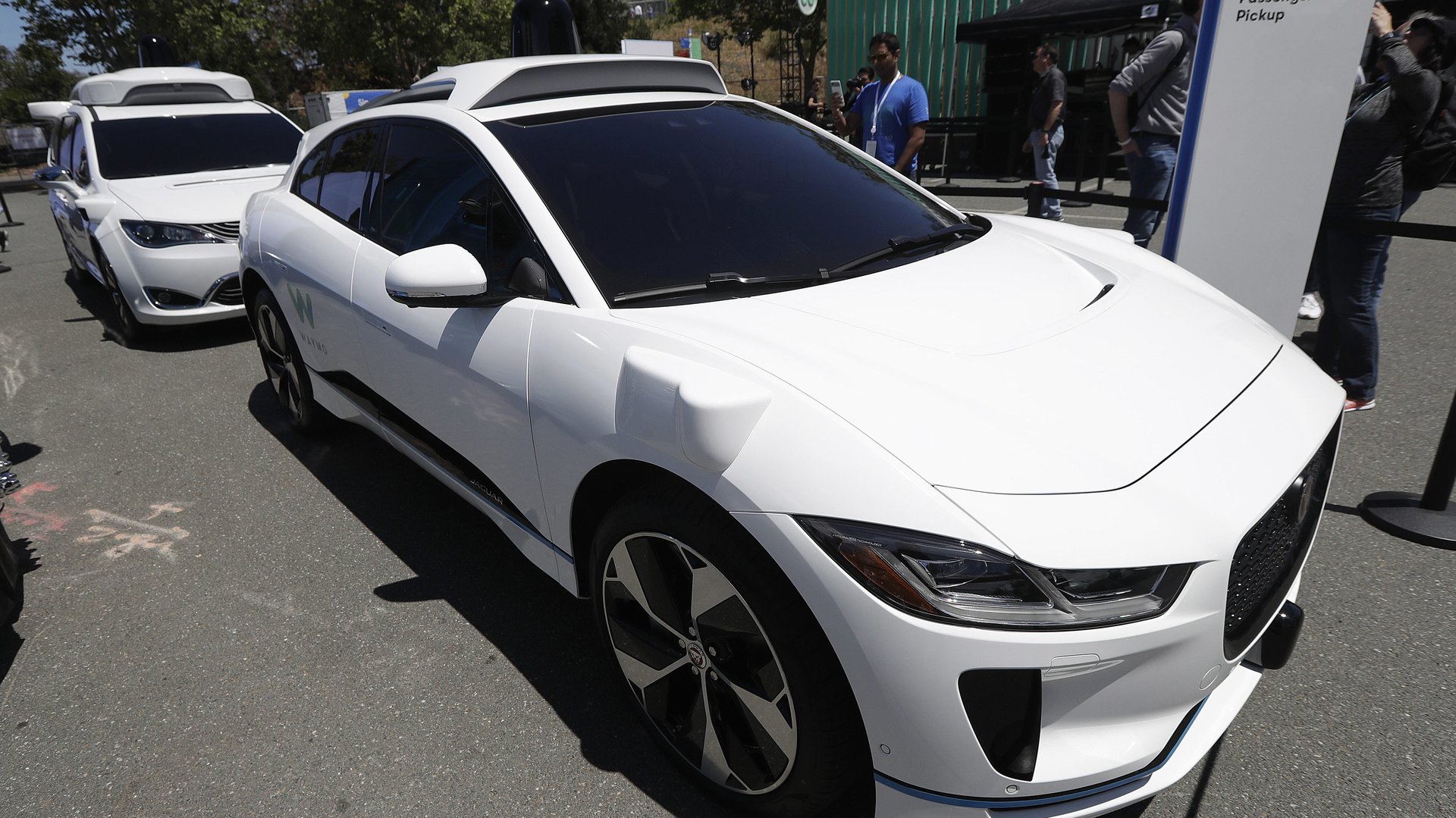Alphabet’s Other Bets shows the cost of starting three businesses
Alphabet is on a mission to be more than an ad company, and right now, it’s focusing on three groundbreaking ideas to do that: Wing, Waymo, and Loon.


Alphabet is on a mission to be more than an ad company, and right now, it’s focusing on three groundbreaking ideas to do that: Wing, Waymo, and Loon.
In just the last week, Waymo, Alphabet’s self-driving car company, announced it was opening a factory in Detroit to build autonomous vehicles ahead of a wider rollout of its ride-hailing service; its drone-delivery company Wing was given clearance to start delivering products in the US; and Loon, the internet-balloon company announced a $125 million investment from SoftBank ahead of launching a service in Kenya.
But the cost of breaking that ground is showing up on Alphabet’s bottom line. Unlike Google’s advertising business, all three of these new companies rely on completely new pieces of hardware. Waymo needs cars and storage facilities; Wing requires drones and chargers; and Loon needs balloons and connectivity infrastructure.
Alphabet’s operating losses for its Other Bets—the term it uses to list all its moonshots and early-stage businesses—increased nearly by nearly $300 million in the first quarter of 2019 compared to the same time last year, the company reported in its quarterly earnings today (April 29). Alphabet lost $868 million in the Other Bets category in the quarter, compared to to $571 million in the same quarter in 2018.
Losses in Other Bets isn’t abnormal for Alphabet—the company has long used its behemoth advertising business to buoy its ideas that just didn’t make money yet. Yet Wing, Waymo, and Loon are poised to launch to real customers. That means investment in more than just research and development, but a slew of new costs related to bringing a product to bear. Think customer support, marketing, office space, HR departments, and just about every other capital expenditure you can think of.
Investors didn’t find the rest of Alphabet’s earnings rosy, either. The company reported slowing ad sales, only posting a 15% increase in sales for the quarter, compared to 24% in the same period last year. And while the company generated $36.3 billion in overall revenue this quarter, its growth rate slowed to 17%, compared to 28% a year ago. The company’s stock dipped more than 7% to $1,203.00 in after-hours trading.